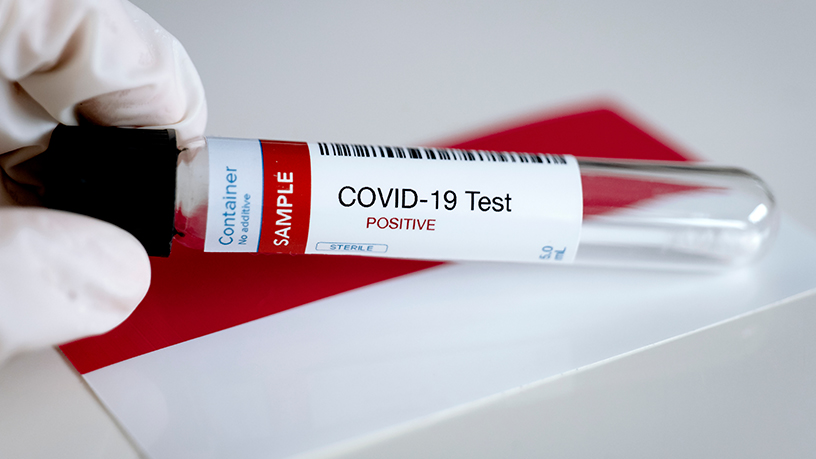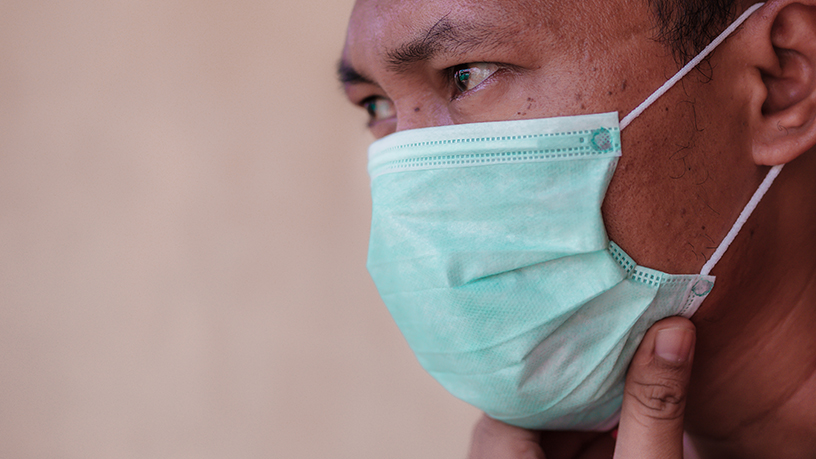Indonesia-based VC East Ventures has secured IDR 7bn via fundraising to finance the development and local mass production of 100,000 Covid-19 test kits for the country.
The initiative, called “Indonesia Pasti Bisa” (“Indonesia can do it”), also involves the state Agency for the Assessment and Application of Technology (BPPT). A BPPT task force produced a prototype test kit on April 4. Nusantics, a microbiome skin care startup backed by East Ventures, is also part of the team.
East Ventures said IDR 5bn of the funds raised so far had been disbursed to buy the materials for producing 50,000 test kits.
“In just one week, we have completed the prototype of the test kit and our fundraiser has reached 70% of the target amount [of IDR 10bn],” Managing Partner Willson Cuaca said in a statement by East Ventures on April 7.
Indonesia faces urgent shortages in test kits and other medical supplies, including protective gear for frontline medical staff. As of Tuesday, April 7, Indonesia had 2,738 confirmed cases of Covid-19, with 221 fatalities excluding medical personnel, and 204 recovered patients.
Jakarta will start implementing large-scale social and mobility restrictions this Friday, with other provinces likely to follow suit after submitting their plans to the government. Schools and non-essential businesses will be closed, and gatherings of more than five people will be banned.
The prototype was sent for validation testing by the National Institute of Health Research and Development the same day, a process estimated to take five days. If the prototype is confirmed to work, it will be mass-produced by state-owned pharmaceutical firm Biofarma and the Indonesia International Institute for Life Sciences (i3L). Both are also part of the Indonesia Pasti Bisa initiative.
Currently, rapid tests are carried out only on close contacts of confirmed Covid-19 cases to assess the virus spread and find potentially undetected cases. Suspected cases still need to undergo PCR-based tests to confirm they have the infection.
East Venture’s united front
Many of the donors to this initiative were East Ventures portfolio companies, including unicorns Tokopedia and Traveloka, logistics startup Waresix, cosmetics e-commerce Sociolla, and mom-and-pop new retail firm Warung Pintar. Other East Ventures portfolio companies involved include media website IDN Media, acting as the “transparency partner” of the project, and P2P lending platform KoinWorks, which is facilitating the fundraising.
Corporate donors include investors like the Triputra Group, Sinar Mas Digital Ventures (SMDV) and Samora Group. From the local VC circles, donors include AC Ventures, recently formed from the merger between Agaeti Ventures and Convergence Ventures, East Ventures themselves and EV Growth, their joint fund with SMDV and Yahoo Japan.
The initiative plans to allocate IDR 9bn of the target 10bn toward producing the test kits. The remaining IDR 1bn will fund the sequencing of the viral genome. The sequencing, conducted by a sub-taskforce led by the Bandung Institute of Technology (ITB), has also been completed, and the results will help further research into potential vaccines and treatment methods.
Nusantics CTO and co-founder Revata Utama said that the virus genome data is also very important to create the most up-to-date test kits. “We have to stay updated on whether there are mutations in the target genes [that the test kit detects],” he replied by email to queries by CompassList. “If there are mutations, we may have to update the test kit so that the target genes can be amplified and detected.”
From cosmetics to genomics
Nusantics was founded in 2019 by Utama, who had worked in biomedical research in several Singapore-based companies, and Imperial College London-educated engineer Sharlini Eriza Putri and industrial engineer Vincent Kurniawan, a graduate of California State Polytechnic University-Pomona.
The company sells “clean beauty” products that aim to help preserve a healthy microbial environment on the user’s skin to produce the best results. “The products we make only use ingredients that are needed by the skin microbiome and safe for the environment,” the company’s statement says.
More recently, Nusantics is developing personalized skin care recommendations based on microbiome analysis. Each person has a different microbiome profile, and so one product might work for a person but not for another. Nusantics received an undisclosed amount of seed funding from East Ventures in March to develop this. The company is also planning to announce other services that they are developing, all related to health and beauty.
A Covid-19 test for the region
The test kits developed by BPPT task force use real-time, reverse transcription polymerase chain reaction (rRT-PCR) to detect the presence of viral RNA in a sample. The test will be able to tell how much viral genetic material is detected in the sample, verifying whether a person is infected with the SARS-CoV-2 virus. According to Nusantics, this method will be able to process 32 samples in 90 minutes.
The test method is not new, and is currently used around the world in testing for Covid-19 and other diseases. However, Nusantics created their prototype based on viral RNA (ribonucleic acid) sequences recorded from Asian and Southeast Asian samples. The idea is to make a test kit that can more accurately detect SARS-CoV-2 strains found in the region.
“We aligned the sequence data of SARS-CoV-2 [the virus that causes Covid-19] from Southeast Asia and Asian samples, and found target sequences that are quite conserved [where there are fewer mutations],” the company’s statement said. Such sequences can be obtained from publicly available databases, such as the one managed by the USA’s National Center for Biotechnology Information (NCBI) and the Global Initiative on Sharing All Influenza Data (GISAID).
Specifically, the test will target the genes that encode two proteins: the virus nucleocapsid protein, which form the capsid that envelops the viral RNA; and the RNA-dependent RNA polymerase, which replicates the viral RNA once it infects the host. Both of these genes are critical to the virus’s survival and ability to replicate; as such, they tend to have fewer mutations.











